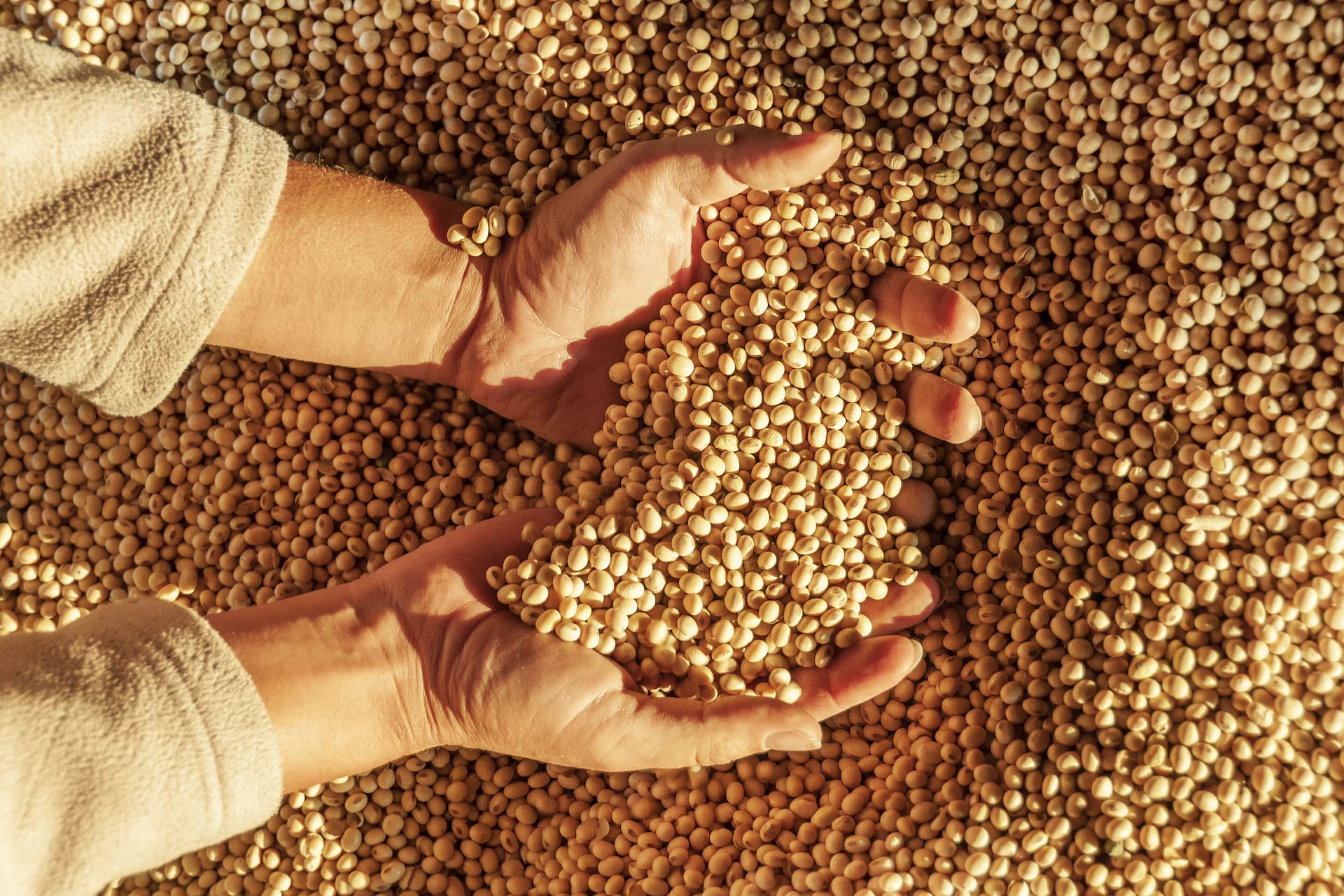• Altering the microbiota
• Improving symptoms
What is already known on this topic
Multiple sclerosis is a disease of the central nervous system that causes a wide range of symptoms, including problems with vision, movement, and balance. Scientists have known that people with multiple sclerosis and healthy individuals have distinct gut microbiotas. In particular, the microbiotas of people with multiple sclerosis lack a kind of bacteria that breaks down a nutrient called isoflavone, which is commonly found in soybeans and certain other foods.What this research adds
Working in mice with a condition similar to multiple sclerosis, researchers showed that a diet rich in isoflavone can sway the gut microbiota composition and reduce the animals’ symptoms. The microbiota make-up of mice fed the isoflavone diet was similar to that of healthy people, whereas the gut microbial composition of animals fed a diet without isoflavone resembled that of individuals with multiple sclerosis.Conclusion
The findings suggest that dietary changes can promote a gut microbiota that eases symptoms of multiple sclerosis.
Multiple sclerosis is a disease of the central nervous system that can lead to muscle weakness, blindness, and even death. Now, a study in mice shows that a diet rich in the nutrient isoflavone can alter the gut microbiota and reduce symptoms of multiple sclerosis.
There’s currently no cure for multiple sclerosis — but the findings, published in Science Advances, suggest that diet can change the gut microbiota in ways that alleviates the disease’s severity.
Multiple sclerosis is an autoimmune disorder that strips away nerve cells’ protective covers and progressively disrupts information flow from and within the brain. This causes a wide range of symptoms, including problems with vision, movement, and balance. Scientists think that a combination of genetic and environmental factors can trigger the disease.
Previous studies have shown that people with multiple sclerosis and healthy individuals have distinct gut microbiotas. In particular, the microbiotas of people with multiple sclerosis lack a kind of bacteria that breaks down isoflavone, a nutrient commonly found in soybeans and certain other foods. But it’s unclear how differences in the gut microbiota contribute to the progression of multiple sclerosis, and whether dietary changes could alter the course of disease.
Altering the microbiota
To study how diet influences multiple sclerosis, Ashutosh Mangalam at the University of Iowa and his colleagues fed female mice either an isoflavone-rich diet, an isoflavone-free diet, or a standard diet with moderate levels of isoflavones for 6 weeks. Then, the researchers induced a condition similar to multiple sclerosis.
Mice fed the isoflavone-free diet showed severe multiple sclerosis symptoms and those fed the standard diet showed intermediate symptoms. Instead, mice on the isoflavone-rich diet had a far less severe disease. Over the course of three weeks, mice fed the diet rich in isoflavone deteriorated at a much slower rate than those fed the isoflavone-free diet, the researchers found.
Rodents fed the diet rich in these nutrients had high levels of Adlercreutzia and Parabacteroides distasonis in their gut microbiotas. Both these microbes metabolize isoflavones and have been previously found in the guts of healthy individuals but not in people with multiple sclerosis. Mice on the isoflavone-free diet instead showed increased levels of Akkermansia muciniphila, which is often abundant in individuals with multiple sclerosis.
Improving symptoms
Fecal microbiota transplants, where gut bacteria from a healthy donor are transferred into the intestine of a sick person, are currently being tested for treating various immune-mediated disorders. So, the team treated mice fed either the isoflavone-rich or the isoflavone-free diet with stools from other rodents on a isoflavone-rich diet.
Isoflavone-free recipients showed worse symptoms than recipients on a isoflavone-rich diet, the researchers found. This suggests that the diet of the recipient influences the efficacy of fecal microbiota transplants.
The findings, the researchers say, “suggest that nutrient intake and overall quality of diet can affect [multiple sclerosis].” Because mice on an isoflavone-rich diet have less symptoms than rodents on the isoflavone-free diet, they add, “these data suggest that an isoflavone diet enables the proliferation of specific gut bacteria that can improve disease outcomes.”










